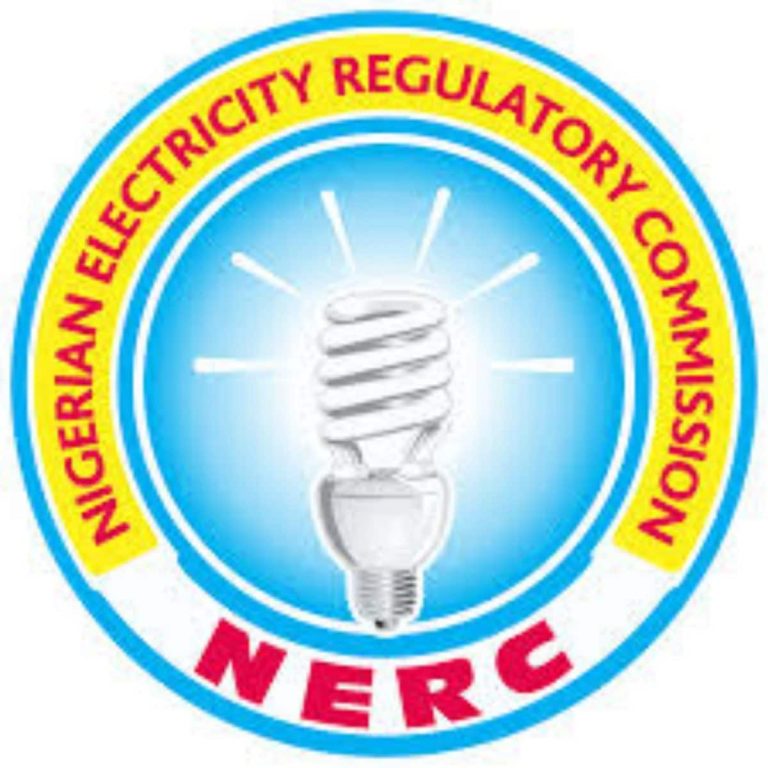The pan-Yoruba socio-cultural and political organisation, Afenifere, has accused the Ministry of Power and the Nigerian Electricity Regulatory Commission, NERC, of forcing Nigerians to pay for their inefficiency.
The group called on President Bola Tinubu to compel the Ministry of Power to reverse the electricity tariff hike.
Arogidigba Global Journal reports that NERC had on Wednesday, April 4, 2024, announced that electricity consumers on Band A would begin to pay N225 per kilowatt hour as against N68 they had been paying up till then.
Afenifere, in a statement issued Saturday by its National Publicity Secretary, Jare Ajayi, said
The group decried the 300 per cent electricity tariff increase would thwart the current administration’s effort at boosting the economy as businesses would shrink.
“Afenifere called on President Bola Tinubu to compel the Ministry of Power, to reverse the present hike, go into alternative energy sources like solar and wind, review the terms with which the 2013 exercise was carried out and be more innovative.”
It wondered how businesses could flourish as desired by Tinubu when the amount to be paid per kilowatt hour (kWh) of electricity jumped from N68 to N225 just within 24 hours of its announcement.
It noted that it was erroneous to say that only those who are direct enrollees in a particular Band utilise the power being supplied through that band.
Afenifere said by calling on players in the power sector to ensure that people get what they are paying for is like putting the cart before the horse.
It added: “If the relevant government agencies are to be sincere with Nigerians, what they should do is to first ensure regular and efficient supply of electricity before acceding to increase in payment for services that are being poorly rendered.
“A rough calculation indicated that a person on Band A who was paying an average of N50,000 per month (on N68 per kWh) would now have to pay N170,000 for the same service. Note the increase!
“It is noteworthy that the Ministry and its agency, the NERC, are interested in the revenue that would be generated rather than first ensuring regular and efficient supply. This is in contradiction to the claim that the government agencies care about the pains of Nigerians.”
